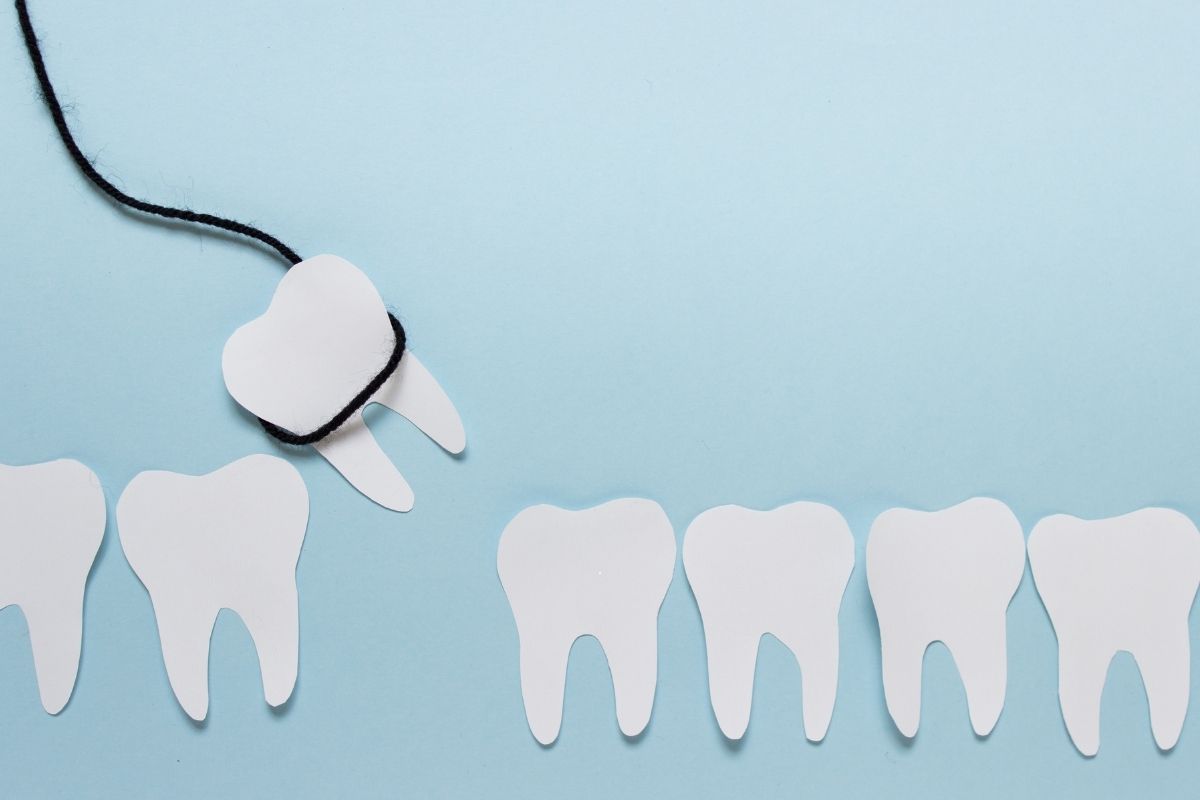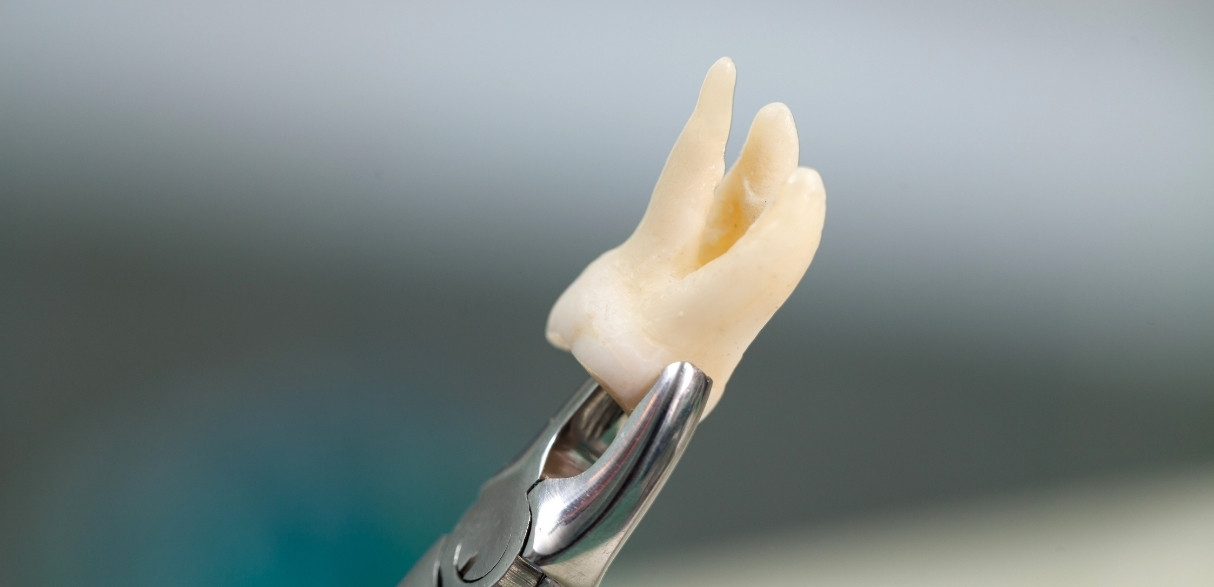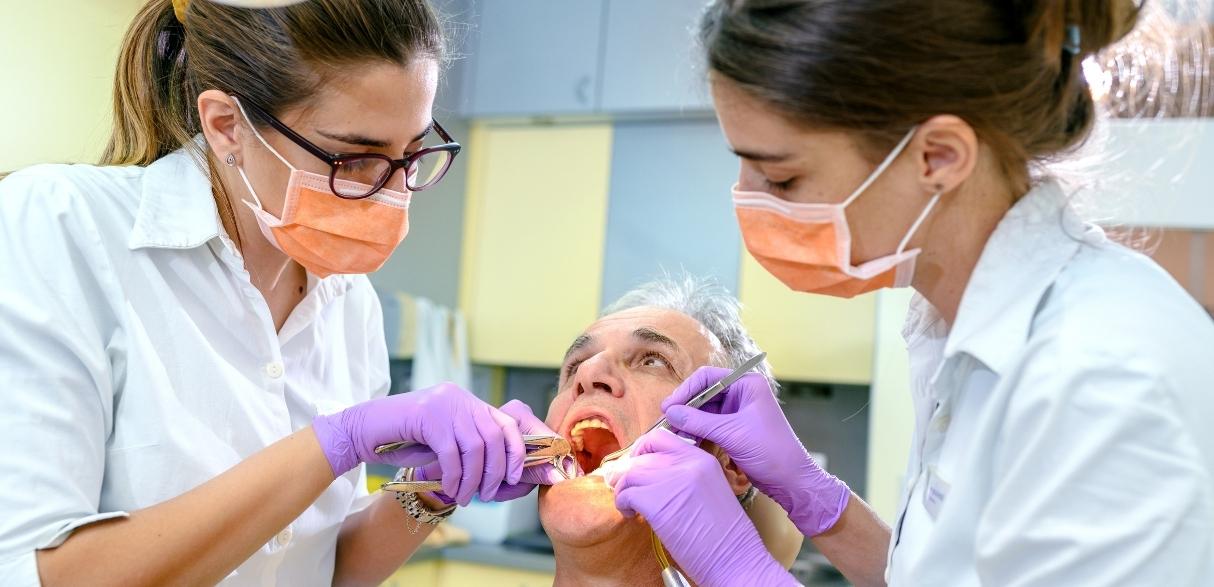

Tooth extraction is a popular dental procedure. However, it requires careful post-care to ensure proper healing. One critical aspect of aftercare is avoiding smoking.
Smoking can significantly impact the recovery process. It can also increase the risk of complications. Proper aftercare is essential to avoid issues such as infection or delayed healing. Understanding the effects of smoking on healing is crucial for anyone undergoing a tooth extraction.
This blog explores why smoking after a tooth extraction is not advisable and how it can affect your recovery.
Overview of Tooth Extraction
The process of extracting a tooth from its jawbone socket is known as an extraction. Usually, the procedure begins with the dentist or oral surgeon administering a local anesthetic to numb the area around the tooth.
After numbing the area, the dentist removes the tooth with specialist instruments. If the tooth is impacted, meaning it is not fully erupted, the procedure may involve making an incision in the gum.
A blood clot that forms in the socket after extraction is essential for healing. The clot acts as a protective layer, allowing the bone and gum tissue to heal. The typical recovery process involves a few key stages:
- First 24 Hours: During this period, it is essential to follow your dentist’s instructions carefully. You can feel some edema and pain, but these can be treated with cold compresses and prescription painkillers.
- Days 2-3: Swelling usually peaks and starts to subside. The discomfort should lessen, but it is still crucial to avoid disturbing the blood clot. You should refrain from hard exercises and only eat soft foods.
- Week 1: By the end of the first week, you should notice a significant improvement in swelling and discomfort. The gum tissue begins to heal, though it may still be sensitive.
- Weeks 2-4: The gum tissue continues to heal, and the extraction site gradually closes up. Full recovery, including bone healing, can take several months.
During recovery, adhering to your oral surgeon’s guidelines is crucial for a smooth healing process.
The Impact of Smoking on Recovery
How Does Smoking Affect Healing?
Smoking can significantly hinder the body’s ability to heal wounds, including those from a tooth extraction. The primary way smoking affects healing is through its impact on blood circulation and immune function.
1. Reduced Blood Flow: Nicotine, a major component of tobacco, constricts blood vessels. This vasoconstriction reduces blood flow to the extraction site. Sufficient blood flow is essential for providing the nutrients and oxygen required for tissue regeneration. Without sufficient blood flow, the healing process is slowed, and the risk of complications increases.
2. Impaired Oxygen Delivery: Nicotine narrows blood vessels and affects the blood’s oxygen-carrying capacity. The amount of oxygen that is available to tissues is further decreased by the stronger binding of carbon monoxide from cigarette smoke to hemoglobin compared to oxygen. Low oxygen levels can prevent the extraction site from healing because oxygen is necessary for cellular regeneration and repair.
3. Weakened Immune System: The immune system becomes weakened by smoking, making it less capable of fending off illnesses. The body’s ability to combat bacteria and other pathogens is compromised, increasing the likelihood of complications such as infections at the extraction site.
4. Inflammation: Smoking triggers chronic inflammation in the body. While some inflammation is a natural part of the healing process, excessive inflammation can be detrimental. Chronic inflammation can slow down recovery and exacerbate pain and discomfort.
Risks Associated with Smoking After Extraction
1. Dry Socket
Dry socket is one of the most frequent and excruciating after effects of smoking following tooth extraction. When the blood clot that forms in the extraction socket dissolves or is released too soon, it can cause dry socket, also known as alveolar osteitis.
This exposes the bone and nerves, resulting in excruciating pain and a prolonged healing period. Cigarette smoke contains substances that can disrupt the stability of a blood clot, increasing the likelihood of dry sockets.
2. Infection
Smoking increases the risk of infection at the extraction site. The toxins and chemicals in cigarette smoke can irritate the gum tissue and reduce its ability to resist bacterial invasion.
Infections can cause additional pain, swelling, and a prolonged healing period. An infected extraction site may require additional treatment, including antibiotics, which can complicate recovery further.
3. Prolonged Healing
Smoking can significantly extend the overall healing time for the extraction site. The combined effects of reduced blood flow, impaired oxygen delivery, and a weakened immune response contribute to slower tissue repair.
As a result, the gum tissue may take longer to heal, and the risk of complications remains higher for a longer period. This prolonged healing can lead to increased discomfort and additional follow-up appointments with your oral surgeon in San Jose.
4. Compromised Bone Healing
Smoking can also interfere with bone healing for more complex extractions, such as those involving the removal of impacted teeth. The healing of the underlying bone tissue, which is crucial for the stability of the extracted site and surrounding structures, may be compromised. This can lead to longer-term issues and may affect future dental treatments or procedures.
5. Increased Pain and Discomfort
People often report higher levels of pain and discomfort when they smoke after tooth extraction compared to non-smokers. This increased pain is partly due to the irritation caused by smoking and the additional strain on the healing tissues. Managing pain and discomfort may become more challenging if smoking continues during the recovery period.
Medical Recommendations
General Medical Advice
Dental professionals universally advise not to smoke after tooth extraction. Smoking can compromise the healing process and lead to various complications. Oral surgeons typically recommend avoiding smoking for at least 48-72 hours after the procedure. This initial period is critical for ensuring that the blood clot remains intact and healing begins properly.
Specific Guidelines for Smokers
For those who smoke regularly, the recommendation is to quit or significantly reduce smoking during the recovery period. If quitting is not an option, consider using nicotine replacement therapies like patches or gums to minimize the impact on the healing process.
Additionally, practicing good oral hygiene and following all post-operative care instructions from your San Jose oral surgeon can help mitigate the risks associated with smoking.
In summary, smoking after a tooth extraction can seriously hinder your recovery. It can lead to complications such as dry sockets, infection, and prolonged healing. Following your oral surgeon’s post-care instructions and avoiding smoking is vital for a smooth and quick recovery. Prioritizing your health and adhering to these recommendations will help ensure a successful healing process and maintain your overall oral health.


